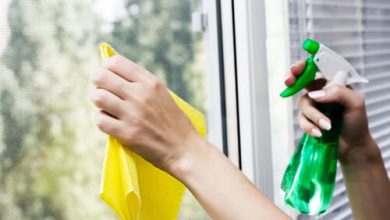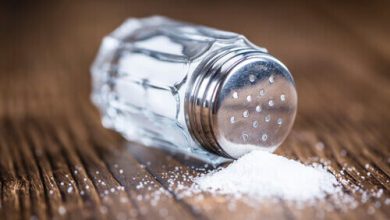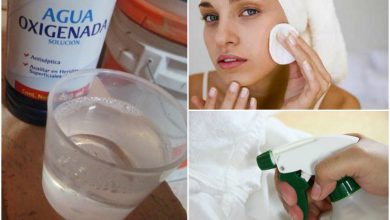Do You Suffer From Rosacea? 6 Things To Avoid
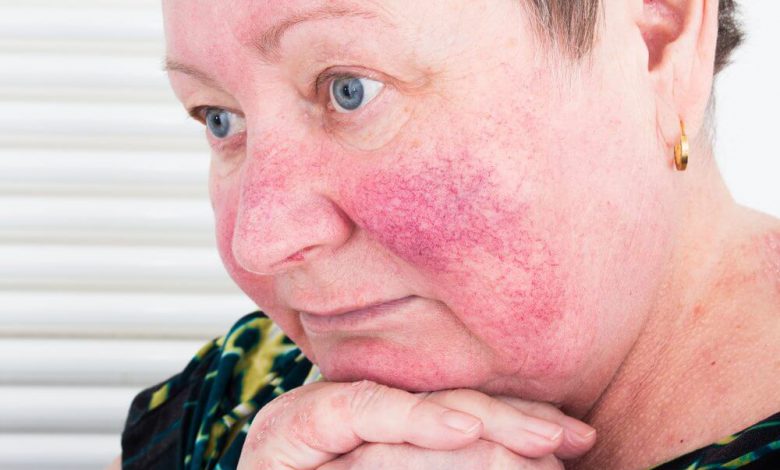
Rosacea is a common skin condition, causing redness and visible blood vessels on the face. It can also cause small, red bumps, in some cases filled with pus.
This condition can appear in anyone; however, it most often affects middle-aged women with fair skin. On the other hand, its signs can flare up over a period of weeks to months and then subside for a time.
Sometimes its symptoms are confused with acne, an allergic reaction or other skin problems. How to avoid breakouts? There are some lifestyle changes that can help.
Things to avoid if you suffer from rosacea
If you have rosacea, you may have noticed that some products irritate and make your skin worse. Even those that claim to be for sensitive skin can cause an adverse effect.
Although each skin reacts differently, and not all ingredients affect the same, we tell you 6 things you should avoid to avoid increasing this problem. Know what they are!
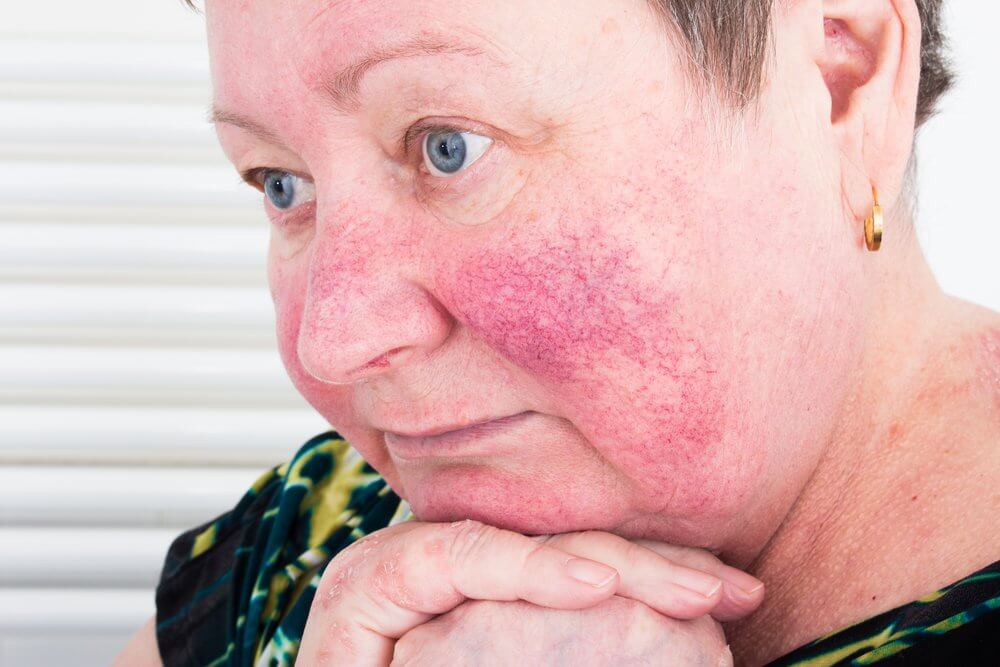
1. Alcohols
According to a publication of the National Rosacea Society , in a survey of 1,066 patients, alcohol was an irritant in 66% of the cases studied.
In relation to this, it is important to avoid them, since they dehydrate and damage the protective barrier of the skin. In fact, it can prevent it from regenerating naturally, causing even more irritation.
Alcohol is used in lotions for oily or acne-prone skin and is often listed as denatured alcohol, SD alcohol, or propanol on the ingredient list. Therefore, it is always advisable to read the labels.
2. Certain exfoliating ingredients
Those exfoliations in which it is necessary to rub a brush, a towel or a product such as sugar on the skin, are not recommended for rosacea.
On the other hand, some exfoliating ingredients that act at a chemical level, without damaging the skin, could help to remove dead cells in a delicate way.
Keep in mind that the following products are not suitable for sensitive skin and, much less, for people with rosacea.
- Charcoal powder : does not distinguish between dead cells and healthy skin tissue, making it a very aggressive exfoliating agent especially for rosacea.
- Grapefruit extract : brings blood vessels closer to the surface, leading to redness and increased cases of irritant dermatitis.
- Alpha hydroxy acids or AHAs : Although they are common chemical exfoliants, they turn out to be abrasive for sensitive or rosacea skin. Among them are citric acid, lactic acid or glycolic acid.
3. Perfumes and fragrances
If you are one of those people who like products with some smell, you are going to get a sad surprise. And it is that the fragrances added to the products, whether synthetic or of natural origin, frequently irritate the skin.
According to the post mentioned above, one of the main causes of allergic dermatitis is fragrances. They cause more skin problems than contact with any other ingredient. In addition, to fix fragrances and preserve their aroma, some products contain alcohol, another irritant.
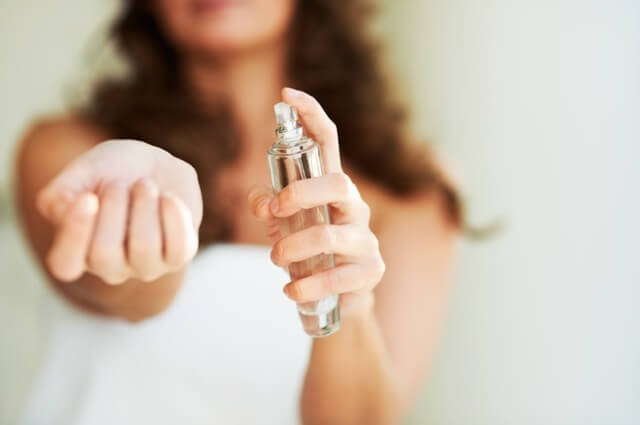
4. Stress
Stress is also a common activator of rosacea. It is important to follow stress management techniques such as relaxation, yoga, deep breathing, tai-chi , and so on. These activities can help lower stress levels and control symptoms.
5. Sunlight
Sunlight is one of the common triggers for rosacea. If you suffer from this skin condition, it is important to use sunscreen of at least 30 SPF whenever possible, even when it is cloudy.
6. Feeding
Gut and skin health go hand in hand. In relation to this, a study published in the British Journal of Dermatology , suggests that there could be a link between some gastrointestinal diseases and the appearance of rosacea.
Therefore, you should limit the consumption of certain products such as alcohol, spicy or copious foods, trans fats , refined ones, among others.
How do you know if you have rosacea?
This condition should be evaluated by a dermatologist. This will be in charge of examining the skin and determining if it is rosacea or some other skin condition. In addition, you will be able to find the appropriate treatment according to the case. Although there is no cure for rosacea, these tips may help reduce its symptoms.
